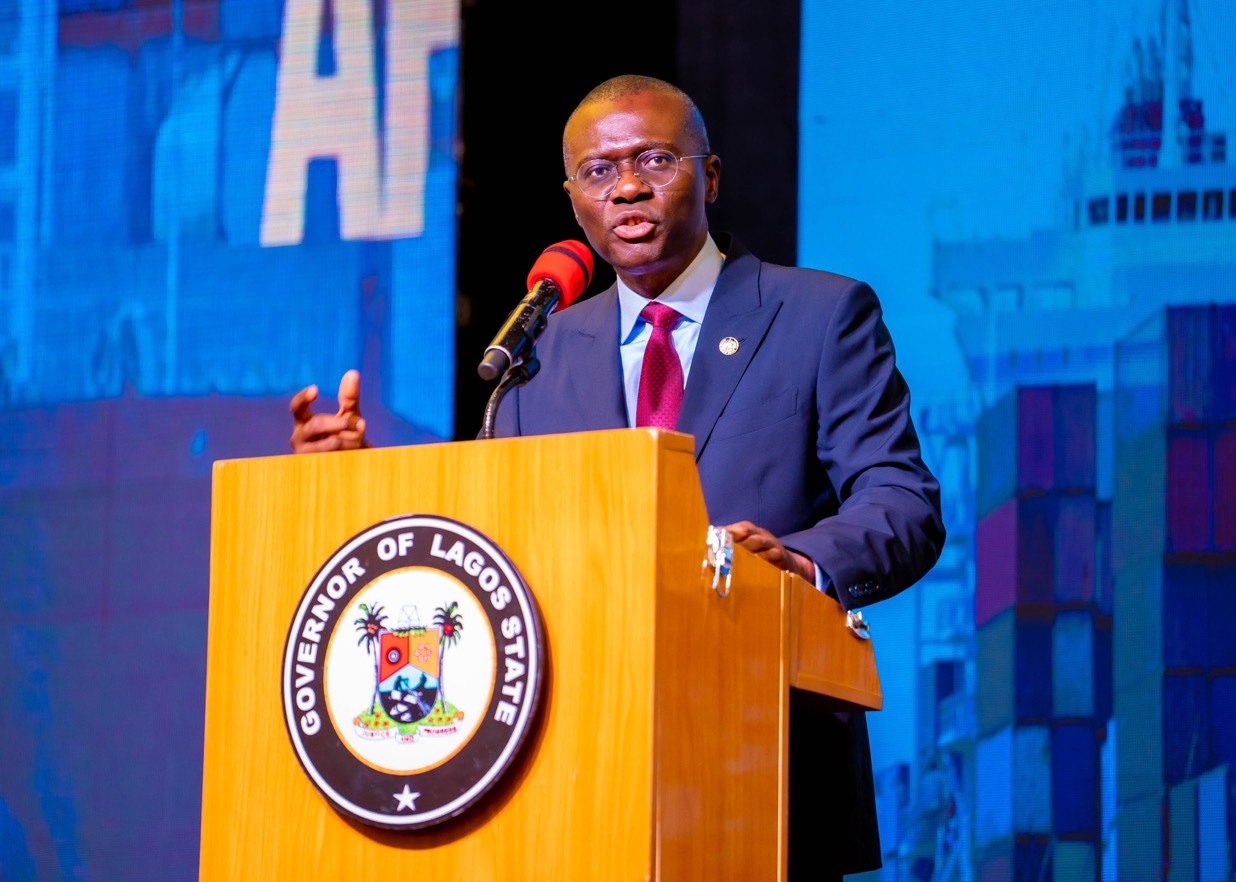
Lagos Strikes Major Green Deal: State Signs MoUs with Three Investors to Boost Recycling of Plastics and Tyres

In a decisive move to combat environmental pollution and promote sustainable development, the Lagos State Government has signed Memoranda of Understanding (MoUs) with three major investors to boost the recycling of plastics and used tyres across the state. The groundbreaking partnership marks a significant milestone in Lagos’ ongoing war against waste, signaling the government’s growing commitment to turning the state’s environmental challenges into opportunities for innovation, employment, and economic growth.
The MoUs, signed under the supervision of the Ministry of Environment and Water Resources, bring together three key private sector players who have pledged to invest in recycling infrastructure, collection networks, and modern waste-to-wealth technologies. The agreements are aimed at reducing the mounting environmental hazards caused by plastic waste and discarded tyres that have become a major problem in Lagos’ urban landscape.
Governor Babajide Sanwo-Olu, while witnessing the signing ceremony, reaffirmed his administration’s unwavering resolve to build a cleaner, greener, and more resilient Lagos. He said the initiative reflects the state’s drive to transform environmental sustainability into a vehicle for economic empowerment. “Today’s signing represents more than just an agreement,” Sanwo-Olu declared. “It is a bold statement that Lagos is ready to lead Africa in environmental innovation and sustainable development. Our government is committed to working hand in hand with investors, communities, and citizens to build a state where waste is no longer a problem but a valuable resource.”
According to officials present at the event, the investors are expected to establish advanced recycling facilities across the state that will process tons of plastic and rubber waste daily. The initiative will also involve the creation of collection centers in strategic locations to encourage residents to properly dispose of recyclable materials. The Lagos State Waste Management Authority (LAWMA) will play a supervisory role, ensuring compliance with environmental standards and efficient implementation.
Commissioner for the Environment and Water Resources, Tokunbo Wahab, emphasized that the partnership is part of the government’s larger vision to integrate circular economy principles into Lagos’ waste management system. He noted that plastics and tyres pose one of the biggest environmental threats to urban centers, clogging drainages, causing flooding, and polluting the ecosystem. Wahab explained that by working with private investors, the state can leverage cutting-edge recycling technologies to convert these waste materials into useful products such as paving blocks, building materials, energy sources, and new industrial inputs. “This partnership will change the narrative,” he said. “We are shifting from waste disposal to resource recovery. Every bottle, every tyre, every plastic bag can now become a raw material for new industries.”
The first of the three investors, identified as EcoPlast Industries, specializes in converting post-consumer plastics into reusable pellets that can be supplied to manufacturing companies. Their plant, expected to be completed within 12 months, will process up to 200 tons of plastic waste daily. The second investor, GreenTyre Recycling Ltd, will focus on the collection and transformation of used tyres into high-grade rubber granules and pyrolysis oil, which can serve as industrial raw materials or energy substitutes. The third company, RecycleHub Africa, will manage a state-wide digital collection system using mobile technology to connect households, small recyclers, and large processors, ensuring an efficient waste recovery chain across the city.
The deals are expected to generate hundreds of direct and indirect jobs, especially for youth and women involved in the waste collection and recycling sectors. Informal waste pickers, who currently form the backbone of Lagos’ recycling economy, will be integrated into the new system through training, incentives, and fair pricing structures. The government assured that the welfare of these workers will remain a top priority, as they play a crucial role in the success of any waste management policy.
In recent years, Lagos has struggled with the challenge of plastic pollution, with thousands of tons of waste generated daily by its more than 20 million residents. Discarded plastic bottles and tyres litter the streets, clog waterways, and contribute to perennial flooding that worsens during the rainy season. The problem has also affected marine life along the state’s coastline, prompting urgent calls for stronger recycling measures and environmental enforcement.
This latest development aligns with the United Nations Sustainable Development Goals (SDGs), particularly Goal 11 (Sustainable Cities and Communities) and Goal 12 (Responsible Consumption and Production). The initiative also supports the Lagos State Development Plan 2052, which envisions a cleaner, smarter, and more inclusive megacity. Environmental experts have hailed the move as a model for other Nigerian states to emulate, describing it as a step in the right direction toward reducing the country’s overall carbon footprint and promoting circular economy practices.
Dr. Olumide Akinola, an environmental consultant and lecturer at the University of Lagos, said the MoUs represent a new chapter in public-private collaboration for sustainability. “If properly implemented, this partnership could revolutionize how we handle waste in Nigeria,” he said. “It will not only reduce environmental hazards but also drive innovation and create economic value from what was once considered useless waste.” He added that the government must, however, ensure transparency, regulatory oversight, and continuous public awareness to sustain the momentum.
Residents across Lagos have also reacted positively to the development, expressing hope that it will help curb the city’s long-standing waste management problems. Some urged the government to complement the recycling efforts with stronger enforcement against illegal dumping and improved waste collection services. A local trader in Ojota, Mrs. Mary Oduwole, said she looks forward to seeing visible changes soon. “Every rainy season, we suffer because plastics block the gutters and cause flooding,” she said. “If these recycling plants can help reduce that, it will be a big relief.”
The Lagos State Government has continued to introduce innovative measures to tackle environmental degradation, from promoting waste sorting at source to encouraging the use of biodegradable materials. This latest MoU signing, however, stands out as one of the most ambitious yet, merging economic opportunity with ecological responsibility.
Governor Sanwo-Olu concluded by reaffirming that Lagos will not relent in its pursuit of a sustainable urban environment. “Our goal is to make Lagos a global reference for green growth in Africa,” he said. “We are building a future where the environment is protected, resources are efficiently used, and every Lagosian has a role to play in shaping a cleaner, healthier, and more prosperous city.”
As the ink dries on these landmark agreements, the success of this initiative will depend on sustained collaboration, effective monitoring, and the collective effort of citizens and stakeholders alike. For Lagos, a city that never sleeps and constantly grows, the message is clear — sustainability is no longer optional; it is the key to survival and progress in the megacity of tomorrow.


